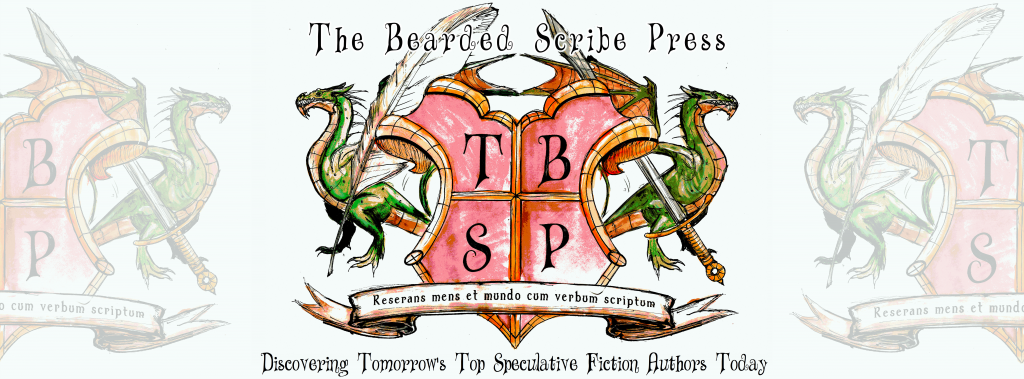If you need a refresher, Grammar Rock can help you:
The word preposition comes from the Latin, prae meaning before and ponere meaning to place. In Latin grammar, the rule is that a preposition should always precede the prepositional object with which it is linked, which would mean never putting a preposition at the end of a sentence. It’s against the rules, and that is something up with which I will not put.
Wait, what? Well, that’s the way one would have to write the sentence “that’s something I won’t put up with” if you take the prepositions up and with off of the end of the sentence. Winston Churchill said this to illustrate the absurdity of trying to apply Latin grammar to the English language.
AS MYTHOLOGICAL AS ZEUS HIMSELF
Many grammar/language myths exist, and the idea that a preposition at the end of a sentence is grammatically incorrect is the most mythological of all; in English, it never has been incorrect to put a preposition at the end of a sentence. If you’ve been told otherwise, you have been lied to. At one point, many grammar pedants pushed this as a rule, but it has never been one and, frankly, it makes no sense.
Of course, you can avoid putting prepositions at the end of a sentence and make out just fine. So “That is something I won’t put up with” can simply be changed to “I won’t put up with that.” Easy enough. However, several instances exist where the placement of a preposition at the end is really the only sensible option. Consider these (and what they would sound like without a preposition at the end):
Passive Structure
She loves to be looked at. (It has to be totally different, like “She loves it when people look at her.”)
Relative Clauses
He never knew what kind of responsibility he was taking on. (“He never knew the kind of responsibility of which he was taking.” That sounds terribly awkward.)
The car had not been paid for. (“Paid for the car had not been.” Egads!)
Infinitive Structures
Kimmy had no one to talk to. (“Kimmy had no one with whom to talk.” Yeah, that sounds normal.)
Questions Beginning with Who, What, When, etc.
Who are you infatuated with? (“With whom are you infatuated?” okay, even grammar check thinks that’s wrong, but it isn’t.)
Where did the paper end up? (“In what place did the paper end?” That really isn’t very clear).
These kinds of sentences are nearly impossible to “fix” by removing the preposition from the end. And that is something up with which I will not put.
BUT SCHOOL—WHAT ABOUT MY TEACHER?
I’m reminded of an episode of Everybody Loves Raymond (yes, I watch this show, if only to feel better about my own life) where Raymond is given the task of going to a parent/teacher meeting to talk about the kids having too much homework. He eloquently talks about how important it is for kids to love learning and how homework is sucking that love of learning out of the kids. He just wants his kids to be happy in a school that fosters a love of learning. Then he hits the prepositional wall: “Isn’t that the kind of school we want our children to be at? I mean in? I mean of? I mean a part of? I mean isn’t that isn’t that the kind of school we want our children to be a part of, in?” followed by a member of the board quipping to another board member, “And you wanted to cut down on the English homework?” Laughter ensues.
You can watch the episode here (go to 18:30 to hear this scene):
But Raymond wasn’t wrong and should have given those pompous idiots a grammar lesson. Fact is, there is no time when ending a sentence with a preposition is, technically, incorrect, and many times it is necessary because of the many prepositional phrases and the contrived results if we try to put the preposition anywhere else but the end.
ON THE OTHER HAND…
A few things must be pointed out before I close.
1) If you are writing a formal document in the hopes of getting a job, convincing the president, wowing your professor, getting published, etc., do what you can to avoid putting a preposition at the end of a sentence. Many, many people still believe it is wrong, and you want to look smart. After you get the job, go back to being normal.
1) If you are writing a formal document in the hopes of getting a job, convincing the president, wowing your professor, getting published, etc., do what you can to avoid putting a preposition at the end of a sentence. Many, many people still believe it is wrong, and you want to look smart. After you get the job, go back to being normal.
2) Putting a random preposition at the end of a sentence for no reason is simply annoying and you will likely bug people. There is no need to ask your friend Where are you at? when you can say Where are you? No need to say Where are you going to? when you can say Where are you going? The at and the to are extraneous. Get rid of them, especially when you write.
3) As with every single other grammar and style issue I’ve discussed, overdoing something is never a good idea. If you find all your sentences—or at least a significant portion of them—ending with prepositions, you need to work on syntax variety. Just because it is correct doesn’t mean it should be done over and over ad nauseum.
So I’ll end with a preposition joke:
A snobbish English teacher was sitting in an Atlanta airport coffee shop waiting for her flight back to Connecticut when a friendly Southern belle sat down next to her.
“Where y’all from?” asked the Southern belle.
Turning her nose in the air, the snob replied, “I don’t answer people who end their sentences with prepositions.”
The Southern belle thought a moment and tried again: “Where y’all from, bitch?”
I suppose she could have just said, “From whence do you hail?” But that is something I won’t put up with.
Yours in writing, before editing, between naps, with love,



No comments:
Post a Comment